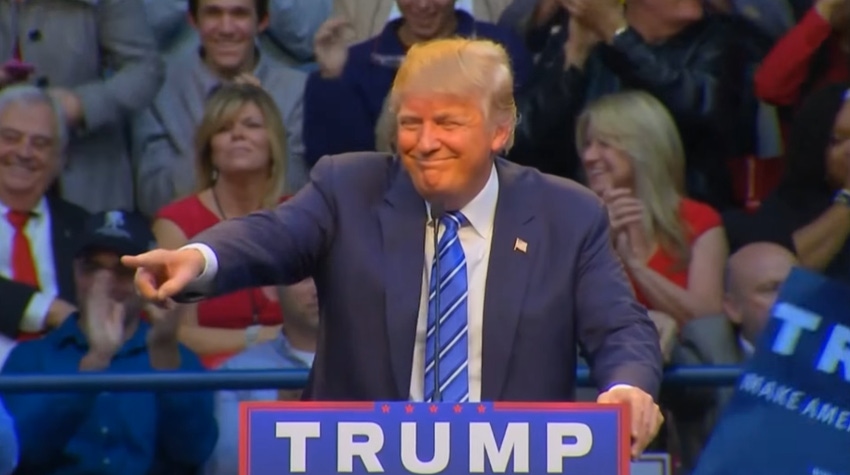The Consumer Technology Association (CTA) has labelled the logic behind President Donald’s Trump’s trade strategy with China as a “one-step-forward, two-steps-back” approach.
October 14, 2019

The Consumer Technology Association (CTA) has labelled the logic behind President Donald’s Trump’s trade strategy with China as a “one-step-forward, two-steps-back” approach.
The current resident of the White House certainly does polarise opinion, though the CTA is claiming the strategies in play during trade talks with China are having a negative impact on the consumer. With an election looming large on the horizon, if the idea of Trump hitting the US wallet consumer gains traction, it could prove to be a very damaging piece of rhetoric.
“The tariff delay on $250 billion worth of Chinese goods is welcome news for American businesses and consumers – but a one-step-forward, two-steps-back approach means US businesses will continue to struggle under the burden of tariffs and uncertainty in supply chains,” said Gary Shapiro, CEO of the CTA.
“American businesses thrive when they can dedicate their time and resources to innovating and competing globally, not checking Twitter for trade policy updates and combing through HTS codes to find which products are facing higher taxes. We’re encouraged by the progress from today’s round of trade talks and hope that President Trump will stop using tariffs as a weapon during this Phase 1 agreement.”
According to estimates from the CTA, US consumer tech companies paid an additional $1.8 billion on tariffs in August alone, with $124 million on products critical to 5G deployment. Considering these figures are only focusing on a single month, and 5G network deployment is not scaled to mass market just yet, the bill is likely to be eye-wateringly higher in the future.
Although Trump’s approach to Chinese trade negotiations has been criticised by industry, the consumer has not necessarily been involved in the argument. And why should it? Trade talks are something which happen in the background without the ‘man on the street’ being too bothered in the past, though there is a different element to consider here; if wallets start to get impacted, the very citizens Trump is supposed to be protecting from the evil communists might start to get a bit irked.
Citizens are consumers after all, and in a consumer-driven society, cheaper is usually better. There will of course be homage paid towards quality, though this can only be drawn out so far. Consumers have gotten used to paying less and getting products right now. Being asked to pay more for the dubious claim of national security might not sit well with some.
According to the same data presented by the CTA, the tariffs have the consumer technology an additional $14 billion since they were first introduced in July 2018. $1.3 billion can be attributed to 5G-related products. These costs derived from a more expensive supply chain will be eventually passed onto the consumer.
What is worth noting is that there is probably worse to come if the President decides this approach to negotiations is proving successful. And we suspect from the tone of statements and tweets, the inner-circle of US politics are very much committed.
This is perhaps one of the worst elements of the current saga for US business, the idea of uncertainty. If these companies knew exactly what was going to happen, changes could be made to the supply chain. It might cost a little more, and while this is not ideal, operational efficiencies could be driven elsewhere. Knowing that there is something terrible on the horizon is much better than it popping-out from behind a tree.
The risk of the unknown, and a political leader who seemingly reads the Beano for strategic inspiration is likely to make many businesses very nervous.
About the Author(s)
You May Also Like








.png?width=300&auto=webp&quality=80&disable=upscale)


_1.jpg?width=300&auto=webp&quality=80&disable=upscale)


.png?width=800&auto=webp&quality=80&disable=upscale)